What Is Borax & Is It Safe For Cleaning With?
To support the running costs of Moral Fibres, this post may contain affiliate links. This means Moral Fibres may earn a small commission, at no extra cost to readers, on items purchased through these links.
Want to know more about borax, and if it’s safe for cleaning with? I’ve undertaken an extensive review into every aspect you could possibly imagine, to help you make an informed decision.
Today let’s talk borax. Specifically, what is borax, and is it safe for use for cleaning your home? You see, in my green cleaning kit, I always have a box of borax to hand. It’s a handy ingredient to have. Especially when there are so many uses for borax around the house.
Yet every time I mention borax here on the blog a well-meaning person or two often comments, telling me that I shouldn’t be using it in my home or encouraging Moral Fibres readers to use it in their homes. Often claims are made that borax is dangerous, and can have impacts on people’s fertility.
I genuinely appreciate this concern, I really do. And not wanting to risk my or my family’s health, or the health of Moral Fibres readers, I have done quite a bit of research into whether borax is safe to use around the house or not. I thought I’d share the results of my research here in the hope that it can be helpful to others considering using borax in their home.
Table Of Contents
- Borax Is Banned In The UK & EU
- What’s The Difference Between Borax & Borax Substitute
- Is Borax Substitute Safe?
- Is Borax Safe?
Borax Is Banned In The UK & EU
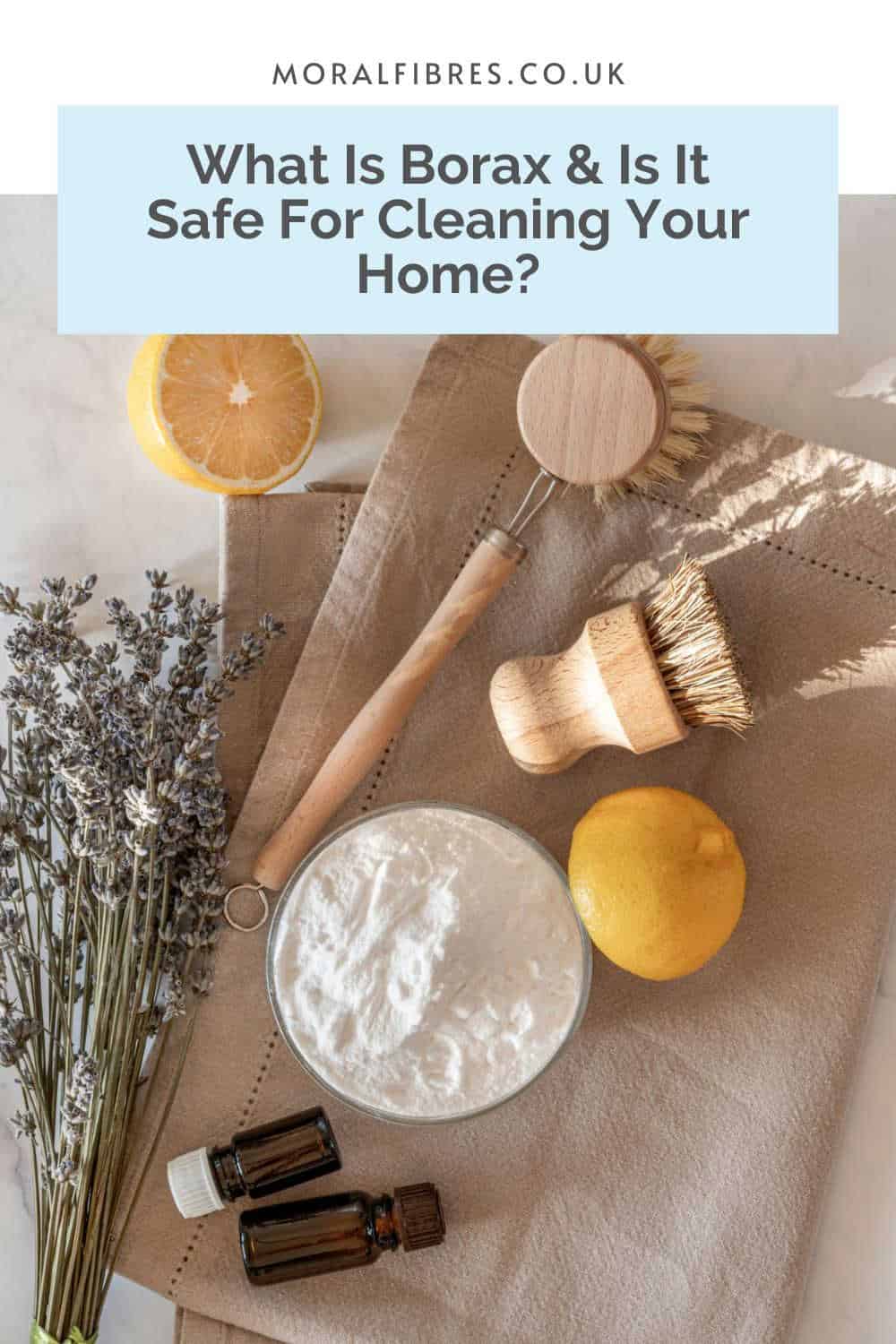
To get started, it is important to know that in the UK and EU, you can no longer buy borax.
Back in 2010, the EU decided that the ‘Borate’ group of chemicals – the group that Borax belongs to – may be potentially hazardous to health. The European Chemicals Agency (ECHA) classified this group as reprotoxic – meaning it may potentially have impacts on fertility.
Borax was therefore banned from sale in the EU as a cleaning product. And even with the impacts of Brexit in 2020, it is still banned in the UK. Instead, in the EU and UK, “Borax Substitute” is the only borax equivalent you can buy for your cleaning and laundry needs. It may be labelled as Borax in your local shop, but it will be Borax Substitute – otherwise the shop is breaking the law.
What’s The Difference Between Borax & Borax Substitute
With that information, you’re probably now wondering about the difference between borax and borax substitute. Here’s all you need to know.
What Is Borax?
The chemical name of Borax is Sodium Tetraborate. The borate at the end there signifies it’s a boron compound. All borates can be considered derivatives of boric acid. It can also be known as sodium tetraborate decahydrate, disodium tetraborate, or sodium borate.
Despite these rather complex-sounding names, borax is derived from natural sources. It occurs naturally and is produced by the repeated evaporation of seasonal lakes.
What Is Borax Substitute?
The chemical name of Borax Substitute is Sodium sesquicarbonate. As you can see, it doesn’t end in borate, so it’s not part of the same family as regular borax.
Unlike borax, it’s not a natural product per se. Instead, it’s a mixed crystal of Sodium Carbonate (also known as washing soda or soda crystals) and Sodium Bicarbonate (also known as baking soda or bicarbonate of soda).
Borax substitute has similar properties and a similar pH level to borax, which is why it makes for a good substitute. It’s commonly used in cleaning because it is gentler than washing soda yet stronger than baking soda. It’s particularly useful when it comes to doing laundry because borax substitute is cold-water-soluble. This is unlike soda crystals, which cakes in cold water.
Is Borax Substitute Safe?
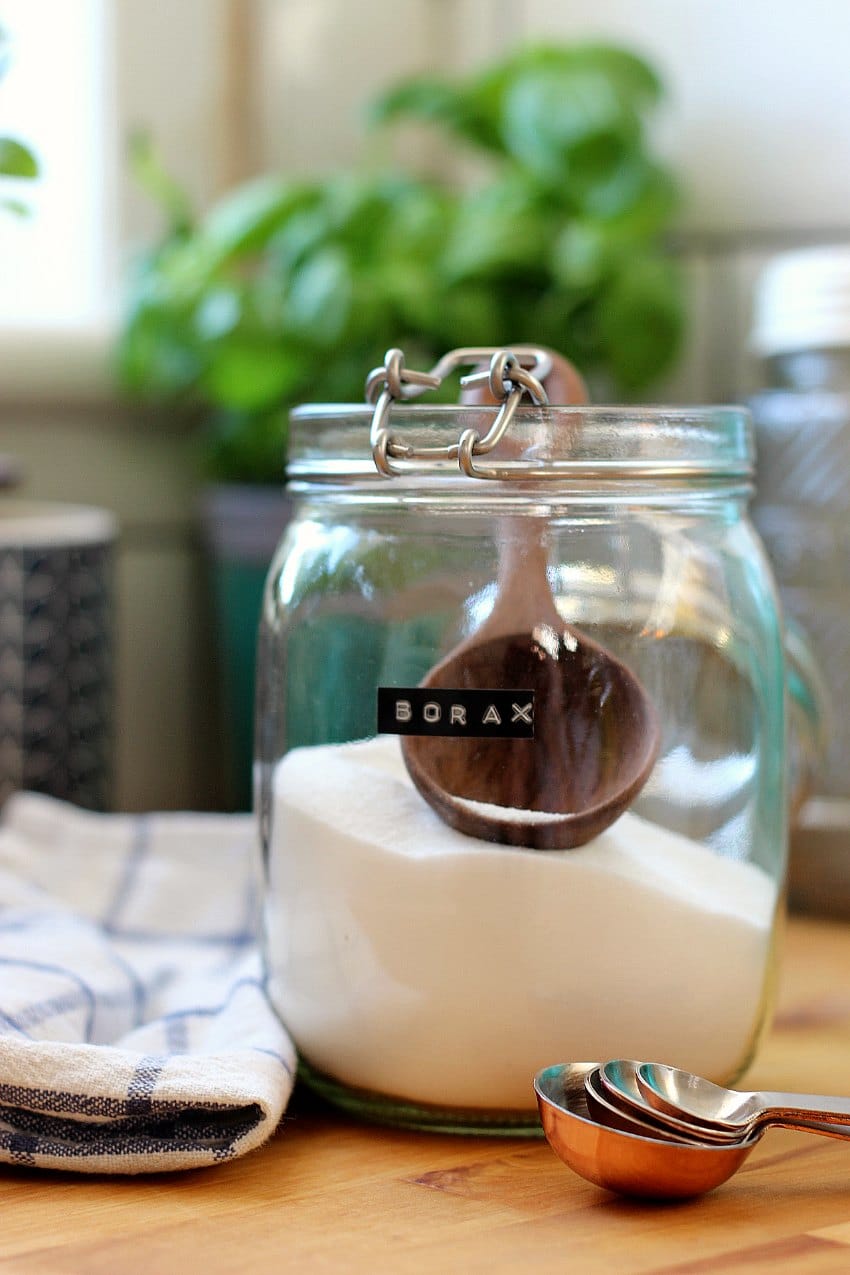
Given that standard borax is banned, you may well be wondering if borax substitute is safe to use. The good news is that it is considered safe to use in a variety of applications. As such, you can use it to clean your home the non-toxic way. You’ll even find it in cosmetics and the food we eat.
Don’t just take my word for it, let’s look at the evidence:
Borax Substitute’s Historical Uses
Sodium sesquicarbonate is included on the INCI list of approved cosmetic ingredients. Cosmetically it has traditionally been used in bath salts and bath bombs, due to its water-softening properties. It’s also found in hair care products and deodorants.
Outside of the cosmetics sphere, it’s also heavily used. You can find it in swimming pools and water treatment plants and as a phosphate-free replacement in conventional cleaning products.
Surprisingly, it’s also used in food. Sodium sesquicarbonate, is, in small amounts, FDA-approved as a food additive in the US. Here it’s used as an anti-caking agent, to regulate acidity, and as a raising agent. Interestingly, it’s not food-approved in the EU or Australia.
Is Borax Substitute Safe For Cleaning With?
Borax substitute may have a long history of usage, but what about its safety?
The good news is that borax substitute is not considered to be harmful to health or to the environment.
The Environmental Working Group has, despite gaps in their data, classified Sodium Sesquicarbonate as low risk. This means no serious issues have been identified. Similarly, the PAN Pesticides Database has so far found no risk. Meanwhile, this scientific journal found that in high doses in rats, it caused conjunctivitis and skin irritation. However, they concluded it is safe to use in cosmetics.
Like many cleaning products, borax substitute may cause slight irritation to sensitive skin. As such you should wear gloves if you have sensitive skin. It may irritate the eyes if the dust gets in. And, lastly, it could be harmful if ingested in large quantities. Apart from that, there are no main concerns.
My Conclusion?
My conclusion? I’m perfectly happy to use Borax Substitute in my house for all my green cleaning needs. I think it is a safe and non-toxic product. I do, of course, adhere to the general principles of storing cleaning products – homemade or shop-bought. This means I store it away from children and pets, in a labelled container at all times.
Is Borax Safe?
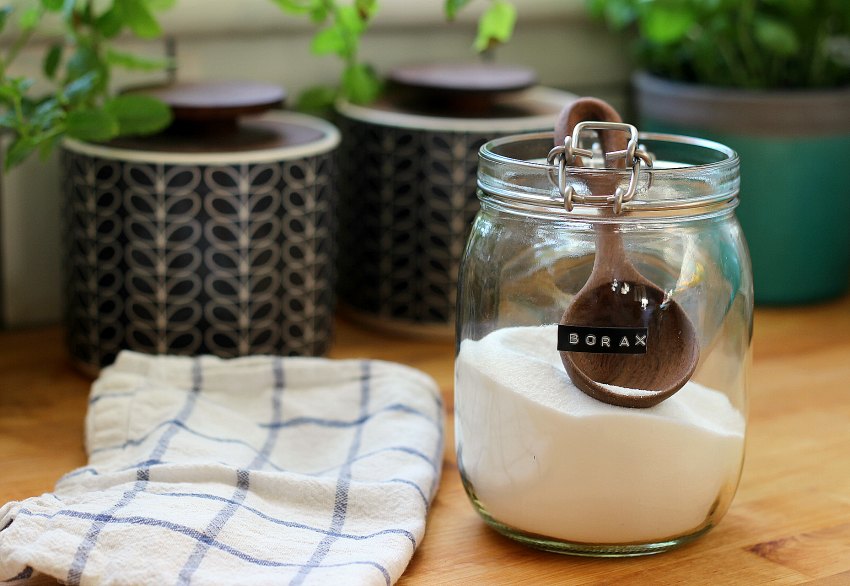
We’ve now established that Borax Substitute is safe. However, this is all well and good for my fellow UK and EU readers. But what about readers from other countries? As I’m recommending Borax Substitute, but unaware if Borax Substitute is available in your country, I feel like I’ve got a duty of care to find out if Borax (the Sodium Tetraborate stuff) is safe too.
So, is borax safe? It turns out this question is a bit harder to answer. It’s a bit of a grey area, so if you are not in the UK or EU then I’m afraid you’ll have to make up your own mind. Here’s what I’ve found, so you can decide for yourself.
Studies On Borax
Studies cite that they have tested either sodium tetraborate or boric acid. However, if you remember from the science part at the top of this article, sodium tetraborate is not boric acid, it’s a derivative of boric acid. There’s quite a bit of a difference, chemically. However, the studies on whether borax is safe or not are somewhat vague.
Boron is an element essential for human health. It’s pivotal for healthy bones, joints, and dental enamel. It’s also important in regulating the absorption and metabolism of several elements – including magnesium, calcium, and phosphorous.
You can even buy boron food supplements. Excess boron tends to be excreted out of the body, suggesting that boron, and its derivatives, do not bio-accumulate in the body.
Borax is commonly used in natural laundry powders. So far I haven’t been able to find any deaths directly attributable to borax or the use (or misuse) of natural laundry powders.
However, it’s a different picture when you look at conventional alternatives to natural laundry powder, such as detergent capsules. I have found reports of 1,500 cases of poisoning from detergent capsules in three years. The same article reports that one child a day had to be hospitalised in 2012 and 2013. What’s more, one child has died from detergent capsule poisoning.
Known Studies On The Safety Of Borax
The EU banned borax in 2010 due to claims of impacts on reproductive health. This ban was implemented following studies on rodents who were fed high – some might say abnormally high – doses of borax.
The only study I can find looking at the potential impact of borax on human reproductive health is this study. This investigates the reproductive effects of boron exposure in workers employed in a boric acid production facility.
It is a bit of a flawed study because it relates to boric acid, rather than borax itself. However, that’s all the information we have to go on.
The study found that the factory workers – representing worst-case exposure conditions to boric acid/borates – were exposed to considerably lower boric acid levels than those that led to reproductive impacts in experimental animals. Crucially, no ill effects on the worker’s reproductive health could be found.
The study concluded that “dose levels of boron associated with developmental and reproductive toxic effects in animals are by far not reachable for humans under conditions of normal handling and use“. Therefore even if you are handling borax all day every day, you are highly unlikely to encounter any problems.
Other Key Borax Points
Borax is not a known carcinogen. However, like borax substitute, it can irritate sensitive skin. There are also reports of borax inhalation irritating airways.
Some people have reported concern about the effects of clothes washed in borax. However, borax is poorly absorbed through undamaged skin. If you use borax in your laundry, the rinse cycle on your washing machine should take care of rinsing away any excess borax.
I think it’s also important to bear in mind that many benign things we have in our homes are harmful in high concentrations. Salt, for example, is harmful in high doses – and can be lethal at high enough doses – yet we happily sprinkle it on our food. However, do note that I wouldn’t recommend eating borax at any dosage
So Is Borax Safe For Cleaning With?
I don’t want to tell you if it’s safe for you to use borax or not. I don’t feel it’s my place. Instead, I want to present the facts so that you can make up your mind.
Personally, I would probably use it. I feel that conventional laundry powders and liquids and bleach-based cleaning products pose more of a risk to human health and to waterways, but that is just my opinion. I’d encourage you to do your own research to work out if using borax is best for you or not.
What are your thoughts?
Found this post useful? Please consider buying me a virtual coffee to help support the site’s running costs.

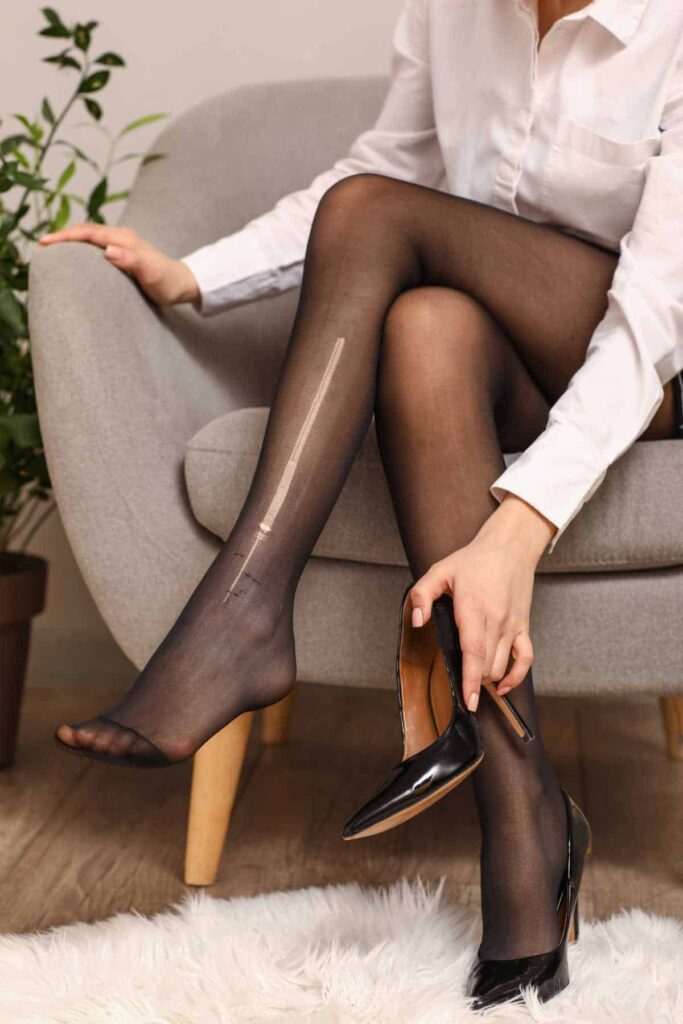
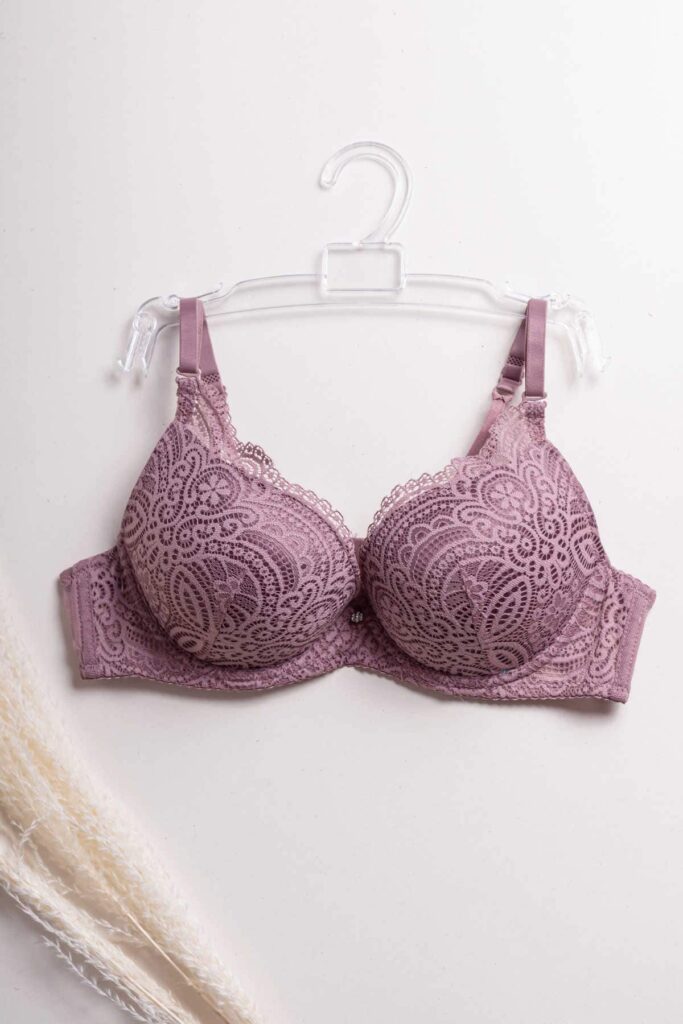
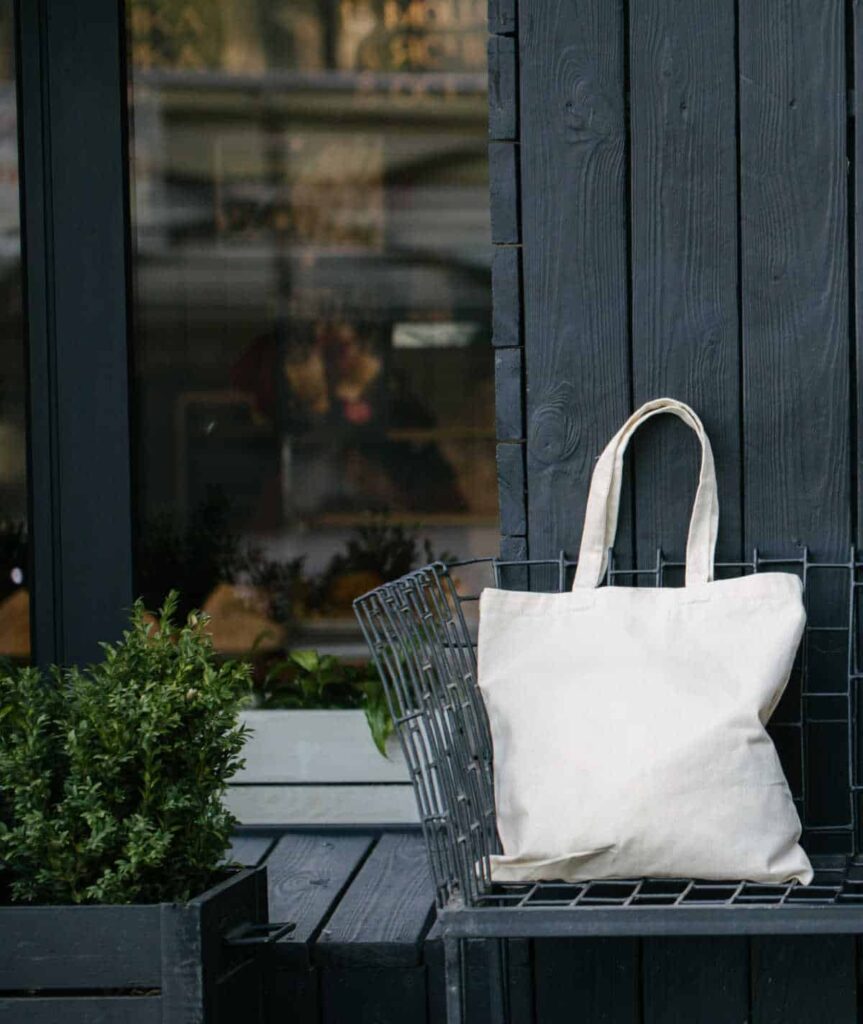
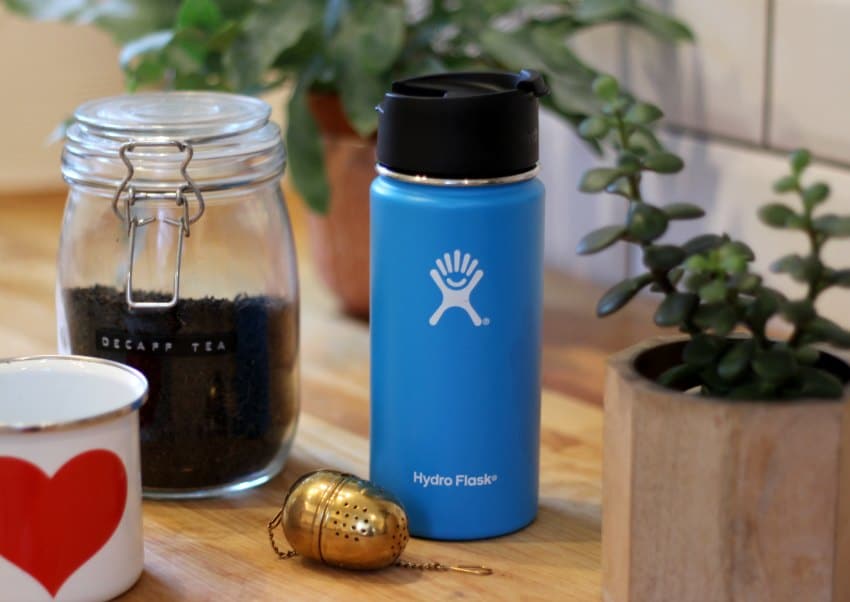
This article is misleading. Borax (Sodium Tetraborate Decahydrate) is available in the UK and I recently bought a kilo of it.
Hi Simon, I can assure you that Borax is banned in the UK and this article is not misleading. The EU banned it back in 2010 after finding that the borate group of chemicals could cause harm to health. Skip to section 18 of this Commission Regulation for full details. You may have found it online, but the seller that you linked to is likely selling it illegally so I have removed the link from your comment. Reputable sellers of Sodium Tetraborate, e.g. Mistral say that “This product has been reclassified by the ECHA as Reprotoxic Category 2 and as such is not available to the general public. Borax can only be purchased by Professionals and by trade and business users or for scientific research.”
I’ve been looking for a source of Boric acid since I read it was useful for dealing with Ants, in particular, and knew it wasn’t available in UK, but didn’t know why. I can recall it being used when I was a child.
I have no idea whether the substitute will have the same effect, or how to find out, it seems unlikely if there’s no boron in it.
Hi Barbara, whilst borax can be used as an ant deterrent, Borax Substitute doesn’t deter ants I’m afraid. I think vinegar might act as a natural ant deterrent, but ants haven’t been something I have been bothered with so can’t say with any authority.
good read about borax powder
Borax is freely available in europe, you are incorrect in your research, Borax Acid has been banned but not Boras powder, the two are completely different and it was found that the Borax Acid was causing issues.
I can walk to my local shops here where I live and buy Borax freely along with plenty of other items. It is not banned at all.
I live in spain, It is also freely available in the UK.
Borax is used in many items, mainly as a cleaning chemical , a flux for use in gas soldering and welding and of course it can be used to kill and clean mould.
Hi Neil, thanks for stopping by to correct me. However, I have to say that your information is incorrect. In 2009 EC regulators classified boric acid, boric oxide, and disodium tetraborates (borax) for reproductive toxicity in 2009. Under the CLP (Classification, Labelling and Packaging) Regulation, they are classified as Category 1B reproductive toxins and as such have not been available to members of the public in the EU to buy since then. Here is the Health & Safety Executive guidance from the UK Government: https://www.hse.gov.uk/chemical-classification/classification/harmonised-classification-self-classification/mcl-gaaa-0082.pdf to verify this information. What you see in the shops in Spain may be named Borax, but it will be Borax subsitute. It has a very similar function.
Well done Jan! Unless it is a substitute… Could you say where I might get some straight borax without ordering from the US?
2021 – I have bought borax in UK in the last couple of months & use it in laundry. So unless a substitute/similar it is still being sold here legally
Excellent article. My understanding is that Borax got banned in EU after a scientist (who seems to have known what he was doing) found that the price of Boron health supplements was ridiculous so used a clean source of Borax instead to formulate his supplement product. Some competitor supplement manufacturer complained. And the scientist had to stop making affordable Boron supplements.
http://cancer.cytoluminator.com/cancer-photodynamic-therapy/httpwww.health-science-spirit.com%20borax.pdf
Interesting food for thought. Additionally borax was used as a food preservative in the late 1800’s and was preferred by the English for that purpose. Usage for food preservation was changed to salt primarily due to cost. The borax would preserve food better retaining color and flavor. Anti-fungal, microbial etc it is truly amazing stuff.
Borax was banned in Australia because a soil scientist figured out that low boron in soils translated into low boron content in food. He realized that the lack of boron could be fixed with supplementation of borax which is a naturally mined mineral, less harmful than table salt.
He then found that there was a correlation between arthritis and the boron deficiency as areas with higher boron had much lower incidence of arthritis. The guy decided to start selling supplements and the people were fixing their arthritis. Then the medical authorities decided that wasn’t going to fly and they got it banned.
In any case, I take a small pinch in my coffee when I feel like I need it. It makes your bones very strong from the boron and has a lot of other health benefits as well. 20 muleteam borax is the stuff I use.
I was told that I could use Borax & sugar to kill fire ants….. I looked it up and this is true, apparently, I am wondering if the substitute Borax would do the same thing on fire ants? I just bought a box not knowing there had been any changes since my childhood memories (76 years) of the product. Love that Death Valley Days is again on TV with their 20 mule team pulling Borax from the desert.
Hi!
As far as borax affecting fertility…well, I’M here, and my mother used borax for cleaning. She also gave birth to my older brother and my younger sister. I am from the “baby boom” generation, and I know many women used 20 Mule Team Borax brand for years as a cleaning agent. But guess what? There was STILL a baby boom. Women before the turn of the 20th Century used borax for cleaning, and many of those women gave birth to 11, 12, 13 healthy children. So there is too much fear in the “green living” community towards this study that led to the banning of borax because of supposed fertility concerns.
My advice? Relax a little and lighten up! There’s nothing wrong with borax that a little common sense won’t cure.
Very interesting , i use white vinegar, bicarb ( both bought in bulk) lemon juice etc for cleaning just about everything. Personally i wish the E U would ban all those horrible commercial cleaners with all their smelly scents that trigger my allergic asthma, i won’t have them in my home! But every time i go out there are shops i can’t go in such as pharmacies, any small shop selling a lot of cleaning/cosmetic/toiletries etc and don’t get me started on air fresheners and those stinking Yankee candles. Why are so many people keen to poison themselves and their families with all these unnecessary, unnatural products? Sorry that comment turned into a rant.
Hi Wendy,
Nice article, but I wonder if you might have mentioned whether Borax is biodegradable, or if you consider that in your research? Apparently its not…
I suppose because Borax is (sodium tetraborate) is apparently mined directly from the earth, it is naturally occurring. Thus even if it is not biodegradable, is it okay to return it to the earth thru uses such as cleaning?
What do you think?
Sincerely,
Pat
Hi Pat, you can’t buy Borax in the UK – only sodium sesquicarbonate. Sodium sesquicarbonate is used in food and as a water softener so one that I consider safe for the environment. If you’re outside of the UK I encourage people to do their own research as to whether Borax is right for their household cleaning needs.
What a great article, thank You! Very thorough and extremely helpful. I love I the UK so only Borax Substitute for me. I follow a diy natural website and have made my own dishwasher powder with Borax Substitute but always felt I wanted to do further research into it’s safety, for my family’s sake. Your research is so comprehensive I now feel very well informed and I think I will use it with a clear conscience! Thank you again, I will definitely be read g mlre of for work!😍
Thanks so much for the informative post. I have come across uses for borax on several occasions and have always been stumped finding it in the UK. Its great to know I can get the substitute online or in shops. I can now try making some homemade washing detergent.
Thank you so much.
Suggest you read this http://www.health-science-spirit.com/borax.htm
The pharmaceutical industry does not like competition especially when it comes to curing arthritis.
Hi, I remember as a child using Borax crystals in boiled water for bathing my eyes when I had conjunctivitis, we got it from the chemist specifically for this. It was a very mild solution, about a half dozen crystals in a saucer of boiled water. So I guess it’s probably only irritant to eyes and skin in stronger solutions, or when in crystal/dry form or if you’re particularly sensitive to it. I went looking for some a few years ago, and the chemist I asked didn’t know what I was talking about. I’m currently looking into the differences between Boron and Borax, and their affectiveness as a woodworm treatment. Boron is currently used as a safer alternative to permethrin, and I wondered if Borax would be even better.
I should say I’m wondering if Borax is more effective than Boron, not necessarily safer. Although I personally have no problems with using Borax, when used as directed.
Sorry, I made a mistake, it was Boracic Acid, aka Boric Acid, used as an eye wash.
This is the first time I’ve ever heard about it, I’m currently research natural cleaning methods and came across your blog.
Borax is 100% safe to ingest. It was also found to completely eradicate arthritis and candida. Once Pharma found this out, they moved to get it banned.
Thanks for such great research! I’m in the US and never knew there was a borax substitute. I went and checked my box and it’s the Sodium tetrastuff. It has a caution label on the box for eye irritant, but that’s all. I use it occasionally for cleaning, but not often. Usually, I just use baking soda.
I have a friend that makes her own laundry soap with it (she gave me the box I have, actually), but I can’t use it because I have a greywater system and it’s bad for the plants (I think something about the salts?) I have seen a few DIY beauty recipes that call for just a bit, and I’ve avoided those- it seems strange to use something for cleaning on your skin.
My pleasure Melissa! I don’t know much about greywater systems, but I definitely don’t fancy using borax on my skin either!!
Hello From North Texas! Having grown up close enough to Boron, CA former home of Boraxo Corp. And a Fed Prison serving White Collars; ie Thieves,ive known Borax or Sodium Borate for sixty years. Have never imbibed any albeit it makes base of dynamite home made toothpaste! In October of 2021, Paid Six bucks for a product during the 1970’s; 50 Cents! I consider it essential for washing anything of Importance. Regret bad science has influenced its reputation of Yore. Heck, even Charlie Manson used it in the Cults hot baths! The Gals raved about their soft pubic hair. Yep.
Hi
Do you use borax substitute in your washing machine, or make your own washing powder receipe? I’d love to know what other cleaning recipes you use, as I’m planning on making up your scouring receipe for cleaning my si/s sink which gets very stained by tea. Thank you for this information on borax substitute.
Hi Jane,
I’ve just started making my own washing powder (with borax substitute). I’m trying out a few different variations to find the best recipe! I’ll share when I’ve found ‘the one’! :)
Thank you, I shall look forward to reading how you’ve got on with making your own.
Wow. How much did a commercial soap company have to pay to get those “scientific” results?